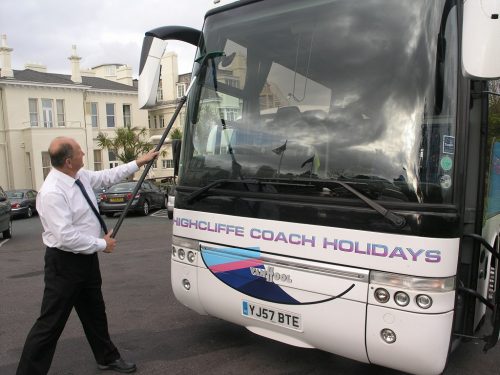
Alan Payling considers whether tour drivers cleaning coaches on their rest days when in resort is a good and legal activity
When I was researching my recent article about what a selection of tour drivers spent their time doing when they had a rest day in resort (‘A tour driver’s holiday’, CBW1324), I came across a few drivers who made the most of their free time. I also came across drivers who said that rather than doing anything special on their legal rest day, they usually cleaned their coach when they weren’t taking their passengers out. This led to a few discussions about a practice that is, from what I see in Torquay & Paignton, widespread, yet of questionable legality.[…]
By subscribing you will benefit from:
- Operator & Supplier Profiles
- Face-to-Face Interviews
- Lastest News
- Test Drives and Reviews
- Legal Updates
- Route Focus
- Industry Insider Opinions
- Passenger Perspective
- Vehicle Launches
- and much more!


